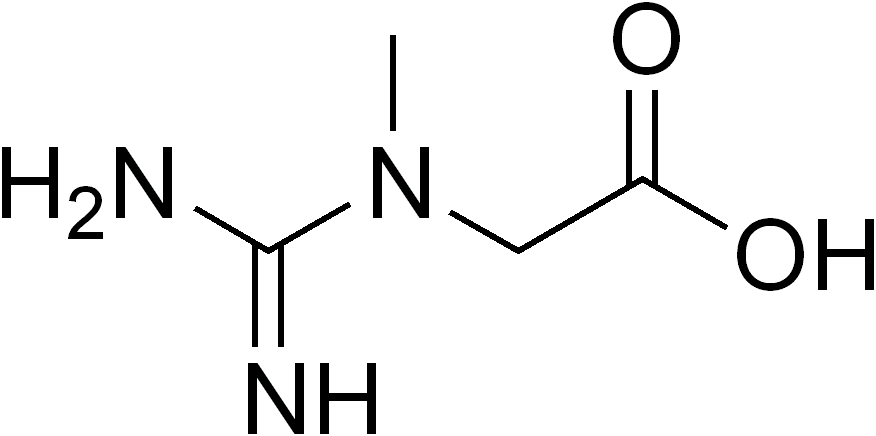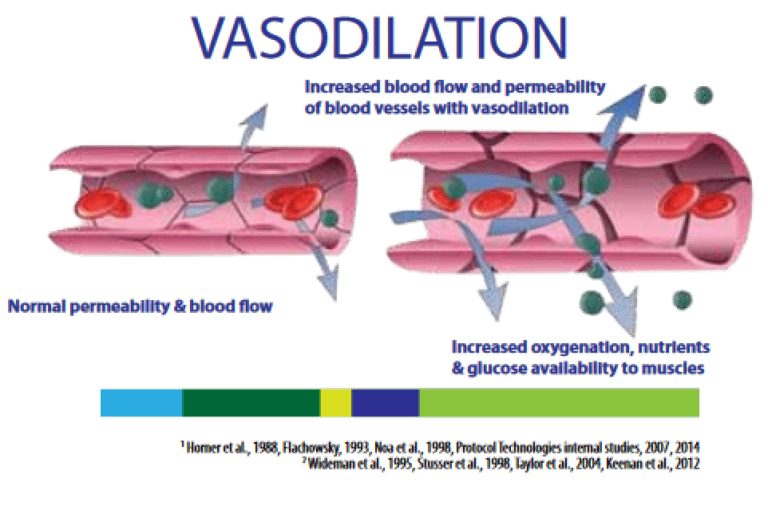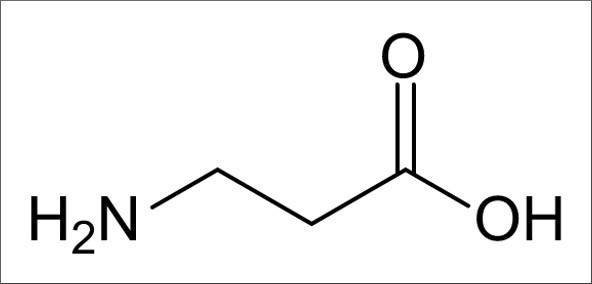Do Pre-Workout Supplements Work?
Pre-workout supplements make big promises; mental focus, increased strength, more stamina, quicker gains, and a huge pump to name a few. With those promises come high price tags. In actuality, these supplements are really just powerful stimulants.
Pre-workout supplements are very popular. Just about every company in the supplement market sells one. Optimum Nutrition, Cullucor, MusclePharm and BSM to name just a few of the multitude of brands out there. Most, when mixed, taste like a flavored sports drink – which makes sense because they tend to be loaded with artificial sweeteners, coloring agents and other additives, more on that later. Within 20-30 minutes of consumption, you start to feel a tingling sensation or jitters, it’s “kicked in,” and you’re ready for the best workout of your life. At least that’s the promise.
The Pre-Workout Industry Is Rife With Safety Concerns
In theory, the FDA regulates supplements, but their oversight has been limited and rather lax thanks to its limited resources. That should concern you. Because oversight is lacking, you never truly know what is in the bottle of any supplement you buy. Sometimes that can lead to real harm.
In 2011 and 2012, several deaths were attributed to a pre-workout supplement called Jack3d, which contained a powerful stimulant called 1,3-dimethylamylamine, or DMAA. DMAA is structurally similar to amphetamine, and since the early 2000s, has been sold as a natural weight loss supplement. The FDA has stated that methylhexanamine “is known to narrow the blood vessels and arteries, which can elevate blood pressure and may lead to cardiovascular events ranging from shortness of breath and tightening in the chest to heart attack.”
Jack3d was eventually pulled from the market, it took two full years and a plethora of adverse case reports for it to finally be recalled by the FDA. You can still buy Jack3d today, but the current formula doesn’t include DMAA.
Due to the lack of oversight new products with DMAA are still available and new ones pop up all the time. You can protect yourself by looking closely at the label. DMAA goes by other names:
- 1,3-DMAA
- 1,3-Dimethylamylamine
- 1,3-Dimethylpentylamine
- 2-Amino-4-methylhexane
- 2-Hexanamine, 4-methyl- (9CI)
- 4-Methyl-2-hexanamine
- 4-Methyl-2-hexylamine
- Dimethylamylamine
- Geranamine
- Methylhexanamine
- Methylhexanenamine
- InChIKey=YAHRDLICUYEDAU-UHFFFAOYSA-N
Aside from regulatory concerns and very serious side effects like heart attack and death, there are potential unpleasant side effect of taking pre-workout supplements. Gastrointestinal issues are common with diarrhea, nausea and vomiting, heart burn being most common. Other reported side effects include trouble sleeping, inability to concentrate while not taking the supplement, headaches and dizziness.
It’s Mostly the Caffeine That “Works”
Most pre-workout supplements contain a lot of caffeine. The pro-workouts I’ve tried in the past or researched online all contain between 175 milligrams and 400 milligrams of caffeine per serving. To put that in perspective a cup of coffee usually contains about 100 milligrams.
Caffeine is commonly used by athletes, especially those in endurance sports, to improve their exercise performance and I’ve covered the benefits of ingesting caffeine before working out in the past. What’s important to reiterate, is that too much caffeine can start to do more harm than good.
The Active Ingredients Aren’t Always in Effective Doses
All pre-workouts are essentially built from the same formula and ingredients. Typically, you’ll find creatine, arginine, beta-alanine, carnitine, citrulline, to name a few. All of these compounds are found in the human body naturally, and supplementation with a few of them has actually been proven to be beneficial in proper doses. Here are the ingredients you should look for:
Creatine
Effective Dose: 5 grams
Creatine is stored in your muscles and used as an energy source when you workout or do any strenuous activity. During bursts of intense activity like weightlifting or sprinting, you quickly deplete a form of energy called ATP. Creatine’s main role is to facilitate recycling of ATP, so if you increase the available creatine in your muscles they are able to regenerate energy stores faster which allows you to workout harder.
The International Society of Sports Nutrition concluded that creatine is a safe, effective, and ethical way for an athlete to improve strength and power and gain more muscle. And a meta analysis of over 80 studies on creatine also found clear benefits for weightlifting performance and positive effects on muscle building.
Nitrates
Effective Dose: 0.5 grams
Nitrates are naturally found in tuber vegetables and leafy greens – beet roots and spinach. It’s also the stuff that’s used to cure meats like ham, bacon and salami. To add nitrates to their mixes, pre-workout drinks incorporate beet extract. Nitrates get broken down in the body into nitrite when consumes and are then converted into nitric oxide. Nitric oxide is a potent vasodilator – it widens blood vessels increasing blood flow. This is the same mechanism of action that nitrates such as nitroglycerin rely on for treating angina. Even Viagra works by altering the metabolic pathway of nitric oxide.
In a study in the Journal of Applied Physiology researchers found that three days of nitrate supplementation reduced the amount of oxygen needed to perform exercise at moderate intensity which allowed participants to last longer during intense exercise.
Another reason pre-workouts supplements emphasize nitric oxide is that it give your muscles a full feeling and can intensify “the pump” due to increased blood flow.
Beta-Alanine
Effective Dose: 2.4 grams
Most studies on beta-alanine, show a benefit for lifters working in higher rep ranges (between 8 and 15 reps). A meta analysis in the journal Amino Acids suggested that beta-alanine improved performance in moderately intense activities lasting between 60-240 seconds.
Beta-alanine turns into carnosine in the body. As lactic acid builds up in your muscles and you start to feel the burn, carnosine is released to buffer the increase in lactic acid and help you continue exercising a bit longer.
When you take beta-alanine or any pre-workout supplement containing more than 2 grams of it, you’ll feel a bizarre, tingly sensation, usually in your hands and face. Don’t worry, it’s a harmless and common effect called paresthesia.
Wrap Up
While pre-workouts supplements usually include the ingredients listed above, the labels make it difficult to know for sure. There’s a lot of proprietary blend, signature blend and “secret” mix baloney that goes on and obfuscates the exact amounts of the listed ingredients. A lot of pre-workout mixes lack the recommended quantities of beta-alanine, nitrates and creatine while they simultaneously over deliver on caffeine, sugar and flavoring.
Labdoor, an independent supplement testing lab, has taken 51 of the most popular pre-workout supplements and analyzed the contents against their labels. Spoiler alert, very few pre-workout mixes contain effective doses and are true to their labels.
For the most part, I recommend avoiding pre-workout drinks altogether. The benefits are few and the potential risks are high. If you want to work out harder and be more focused in the gym, the best option is to just supplement with a little caffeine. My go-to is a cup of coffee or tea, caffeine tablets work as well. If you’re after the individual benefits of the active ingredients some beta-alanine capsules, creatine capsules, and beet juice will get your the results you’re after without the additional flavoring, sugar, and additives in pre-workout mixes. You’ll also save a boatload of cash.








